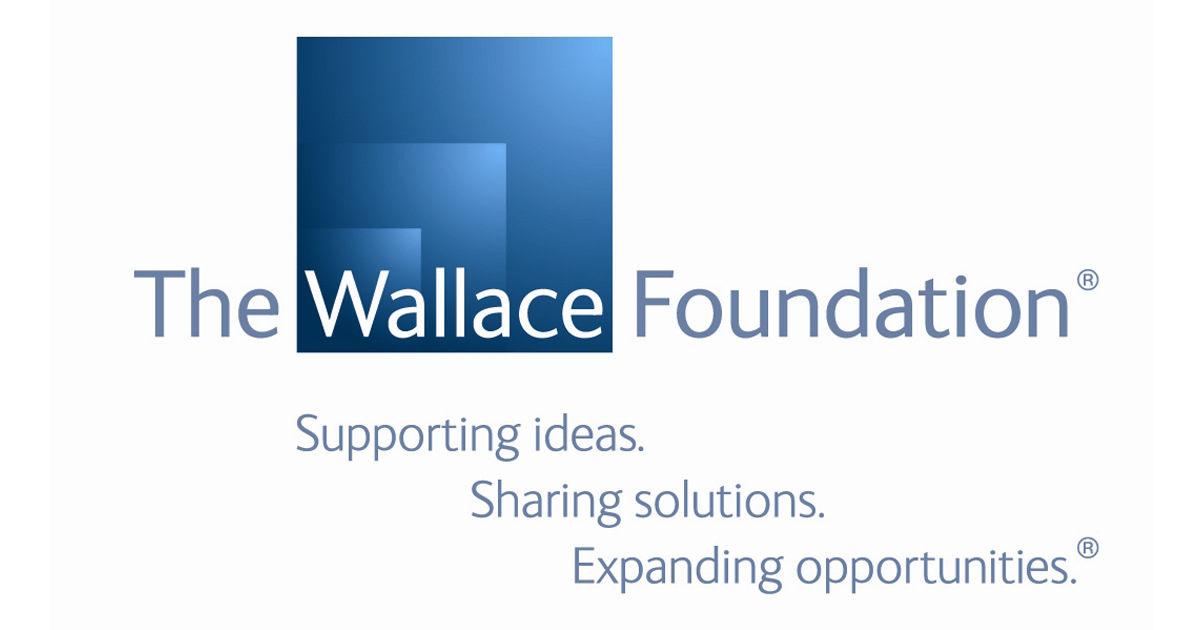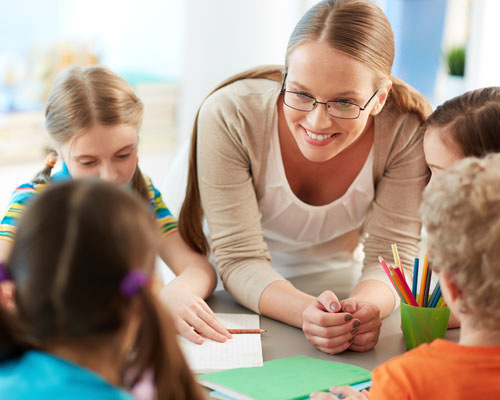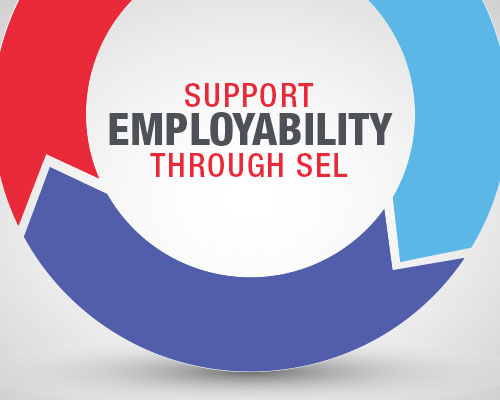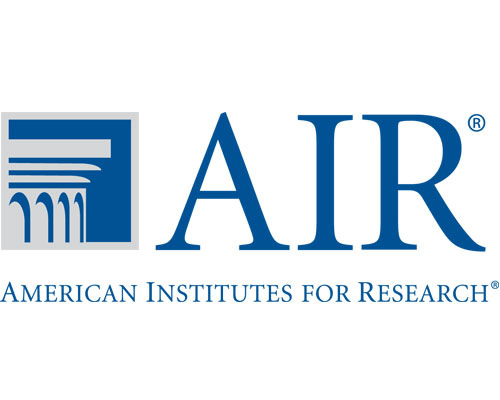News
Check out the latest news about NAA and special announcements pertinent to the field of afterschool.
Displaying items by tag: Social and Emotional Learning
What Stories Do Your Scars Tell?
My son, who is 8, recently told me that he loves scars. We had gotten into a conversation, randomly, about how frequently he injures himself and he was doing a survey of the current bumps, scrapes, and bruises that are coloring his body like some beautiful piece of art.
The Afterschool Guide to Social and Emotional Learning

The Afterschool Guide to SEL is a compilation of a variety of resources to help afterschool professionals better understand SEL, the competencies and the role SEL plays within afterschool programs.
Who Let the Dogs Out? (And How They’re Helping Afterschool Programs.)
A 10-year-old boy struggles to coordinate his body, racked by Cerebral Palsy. Physical therapy (PT) is long, painful and fraught with tears and frustration until the boy is joined with a therapy dog.
New Guide Offers Resources on Best SEL Practices
Emerging best practices in out-of-school-time (OST) are well aligned with the goals of social and emotional learning (SEL), but few SEL programs are designed for OST environments.
Emotional Intelligence: How It Interfaces with SEL
We all know social and emotional skills are important to develop in youth, but the learning doesn't have to stop there. Similar competencies in adults, known as emotional intelligence, could be further developed to enhance leadership skills.
Afterschool and In-School Educators: A Combined SEL Approach
All educators share a common desire to support the social and emotional development of their students, yet the approaches taken by afterschool and in-school educators when pursuing this goal differ. The American Institute for Research (AIR) has created several briefs addressing how all educators could help students succeed in school, work and life. AIR's most recent brief on this topic suggests ways that afterschool and in-school educators could work together to support the social and emotional development of their student body.
Ready to Work!
How Afterschool Programs Can Support Employability Through Social and Emotional Learning
Understanding the knowledge, attitudes and skills that ultimately contribute to success in school, work and life is a priority for educators and employers. Young people need a variety of important skills to be ready to work, including understanding key work habits and having a strong work ethic.
SEL Skills and Employability
The research is clear: Employers are looking for skills that go beyond content knowledge. Recognizing the knowledge, attitudes and skills that ultimately contribute to success in the workplace is a priority for educators and employers. One aspect of employability that has gained attention in recent years is the need for strong social and emotional skills in order to be successful in the workplace.
Effective Practices to Cultivate Social-Emotional Learning in the Middle and High School Years
AIR Releases SEL Resources
American Institutes for Research (AIR) recently released a new resource on social and emotional learning (SEL) for the afterschool field.
National AfterSchool Association • 2961A Hunter Mill Road, #626 • Oakton, VA 22124 • info@naaweb.org









